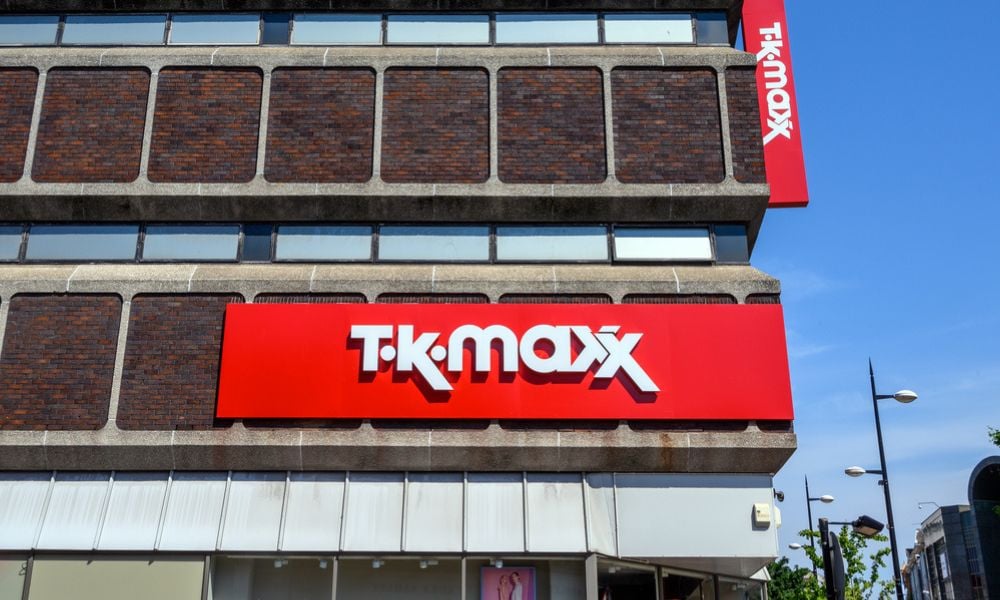AS BUSINESSES become more global, the ability to maintain a common corporate culture around the world is the chief concern for executives from the world’s largest companies
AS BUSINESSES become more global, the ability to maintain a common corporate culture around the world is the chief concern for executives from the world’s largest companies.
Furthermore, only 55 per cent of executives believe their organisations are able to develop leaders with the aptitude and skills to adapt to rapid change and new learning.
There were two significant geographic differences to this, however: two-thirds (67 percent) of respondents in Germany said they believe their organisations are developing global leaders, compared with less than half (45 percent) of respondents in Japan.
The survey of more than 900 C-suite executives in the US, Italy, France, the UK, Germany, Spain, Canada, Japan and China found that 49 per cent of respondents said the ability to maintain a common corporate culture was the greatest challenges to building global enterprises.
This was followed by understanding local customs and ways of doing business (44 per cent) and the ability to service remote clients/customers effectively (41 per cent).
This was followed by the impact of the global economy (36 per cent) and the impact of different geopolitical issues (25 per cent) as major challenges to global enterprise growth.
“To succeed in today’s global environment, companies must create a strong and diverse leadership team with knowledge spanning disparate markets,” said Mark Foster, group chief executive – business consulting and integrated markets for Accenture, which conducted the survey.
“The critical challenge for management is to ensure that companies maintain their core values and corporate identity across many countries, especially as industry becomes more knowledge-based and increasingly, work is handled by virtual teams,” he said.
“They also must build organisations that abandon the traditional geography-based operating models.”
The study also found that nearly one out of four executives (22 per cent) said their organisations are poorly equipped to succeed as global enterprises.
This was despite the fact that the majority of respondents said their employees, suppliers and customers are more global now than they were five years ago.








